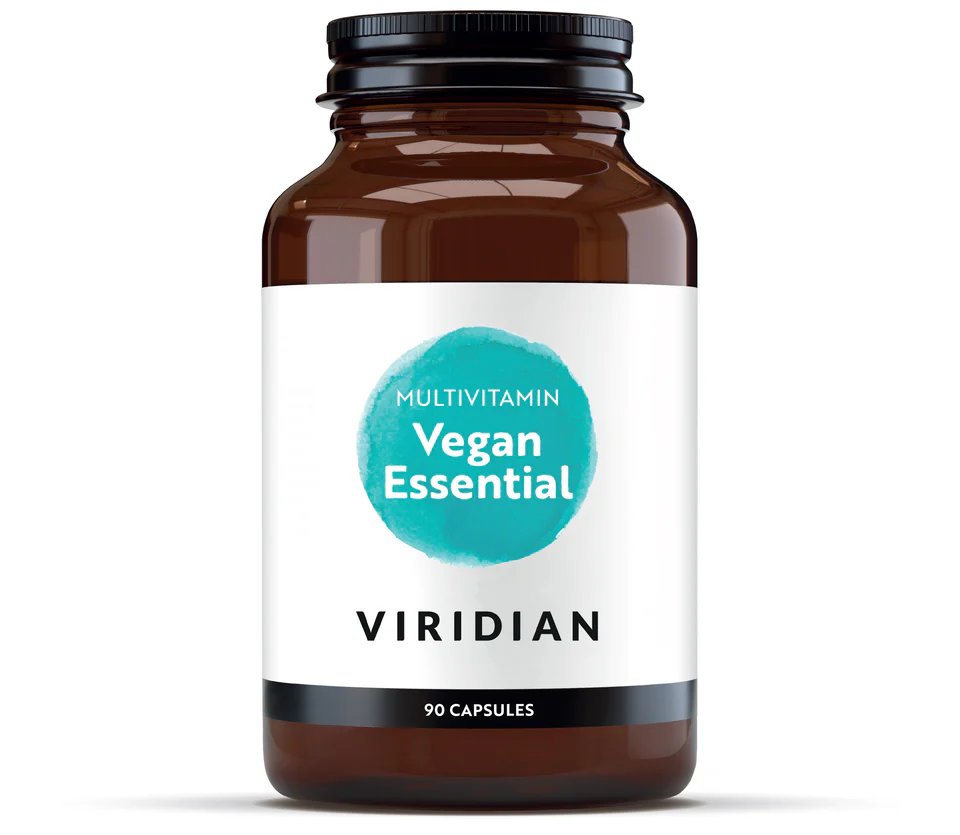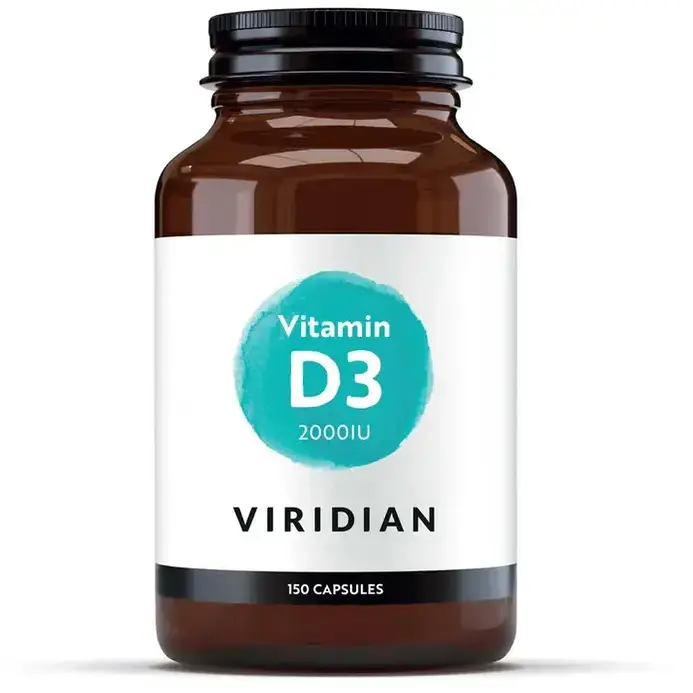Trying to keep sniffles at bay? Support your immune system with these tips, tricks and product recommendations from a Health Store nutritionist.
It’s important to stay on top of your immunity, especially in the colder and darker months.
Not sure how to keep your immune system healthy? Fear not. With help from expert nutritionist, Emily Rollason, we'll go through some ways to support your wellness in the coming season.
What is immunity?
The immune system is your body’s way of fighting off pathogens, like bacteria or viruses, that could make you ill.
“Due to spending more time indoors nowadays, we may miss out on some important nutrients that contribute to the normal functioning of our immune systems,” Emily explains.
"While it’s absolutely understandable to be more tempted to opt for an easy takeaway, indulging too often can lead to a low intake of nutrients that support immune system functioning, such as vitamins A and C.”
"Couple this with a lack of exposure to the sun – which can lead to low vitamin D levels – and it’s easy to see how our immune system may be impacted.”
With this in mind, Emily has shared some ways to help support your immune system...
1. Immune-supporting supplements
“Supplements can play a big role in supporting our immune system. Vitamin D is a really important nutrient, as it contributes to the normal function of your immune system and helps maintain normal bone and muscle function,” says Emily. "We make our own vitamin D naturally from exposure to the sun, but this is harder in the darker months.”
This is why the NHS recommends everyone takes a vitamin D supplement from October to March. People with darker skin, people who cover up when going outside, or those who spend a lot of time indoors are advised to take vitamin D all year round too.
2. Keep your body moving
“Exercise is really important for maintaining the immune system, whether that’s a brisk walk to the shops instead of driving, or a swim in the sea. Research has shown that regular and appropriate exercise can help to regulate the immune system,” says Emily.
3. Get those ZZZs
“If you’re feeling tired or struggling with fatigue, I’d recommend adding berries to your daily smoothie or water.”
Naturally packed with vitamin C, vitamin K and manganese, they help contribute to normal immune health, bones and energy.
Food for thought: Nutritious foods to try
The more that researchers learn about what’s in our food, the more evidence there is to support the old adage: “you are what you eat”.
While there’s no approved definition of what makes a superfood, when we talk about ‘superfoods’ here, we mean ingredients packed with nutrients.
Functional foods are in, so why not try adding a few to your meal plans? There are plenty of 'superfoods' that can help support your immune system and here are a few of our favourites:
- Carrots – Bugs Bunny had the right idea. Carrots contain β-carotene, which gives them their distinct orange colour and is thought to help support your immune system
- Citrus fruits, like oranges – these juicy fruits are known to be very good for your immune system due to their vitamin C content. Several micronutrients in fruits like limes, lemons, and oranges have been shown to support immune responses
- Nuts, like peanuts or pine nuts – small and mighty, nuts contain a lot of different nutrients that may help support a healthy immune system, like selenium and vitamin B6
- Parsley – this green plant was once reserved for decoration but has since been understood to have a multitude of benefits. Parsley contains vitamins C and A, as well as folate (vitamin B9), all of which support a normal immune system response.
The final say
Remember, you can support your immune system a little better with some small changes to your diet. Try adding parsley to a salad or carrots to your Sunday roast.
While you should try to get your vitamins through food, it’s not possible for everyone and that’s OK. We’re on hand to help with immune-supporting supplements which can be taken at the start or end of the day, alongside a balanced diet.


